Imam Khomeini a driving force in world's shift towards multipolarity: Syrian academic
By Ali Ghorban Bagheri
Ayatollah Ruhollah Khomeini was a true revolutionary leader whose school of thought still inspires people worldwide and drives the global march towards multipolarity, Syrian academic, writer and political analyst Bassam Abu Abdullah has said.
In an interview with the Press TV website on the occasion of the 34th death anniversary of the leader of the 1979 Islamic Revolution, Abu Abdullah said Imam Khomeini's sincere commitment to helping the oppressed drew people to him.
"He led a simple life and he did not seek power for himself but to help the oppressed nations. These qualities for supporting the resistance against the Zionist enemy and endless projects of Westerners," said the Director of the Baath Party Central School in Syria.
He added that Imam Khomeini transformed Iran into a regional powerhouse that now plays a significant role on the world stage.
"He changed Iran from a country dependent on the US to a country that is independent, powerful and has significant influence over the region and the world," he said.
"He did not only affect Iran but many other countries. Now the world is undergoing a huge transformation and Iran is at the heart of this transformation along with Russia and China."
Abu Abdullah, who is also a professor of international relations at the University of Damascus, said Imam Khomeini was a towering figure.
"Firstly, Imam Khomeini presented progressive ideas on the need for nations to be independent and resist hegemonic powers worldwide," he said.
"Secondly, Imam Khomeini's political skills and intellectual power were demonstrated in his ability to create a constitution that balanced power among various organs under the Islamic Republic and left a strong political structure," he added.
"Thirdly, Imam Khomeini wielded enormous influence on the generation of the revolution and also the next generations. These factors turned Iran into a regional powerhouse that is part of forces shaping a multi-polar world."
To better understand the greatness of Imam Khomeini and his influence over nations worldwide, one should look at how his enemies treated him, said Abu Abdullah.
"Shortly after the revolution, Iran faced [Iraqi dictator] Saddam Hussein's brutal aggression for eight years. After that, Iran became a target of harsh sanctions and this still continues," the analyst said.
He said Iran flourished under these pressures and has now achieved great success on its path toward prosperity.
"Iran managed to enhance its defense power and meet people's needs and achieve food self-sufficiency in such a situation," he concluded.
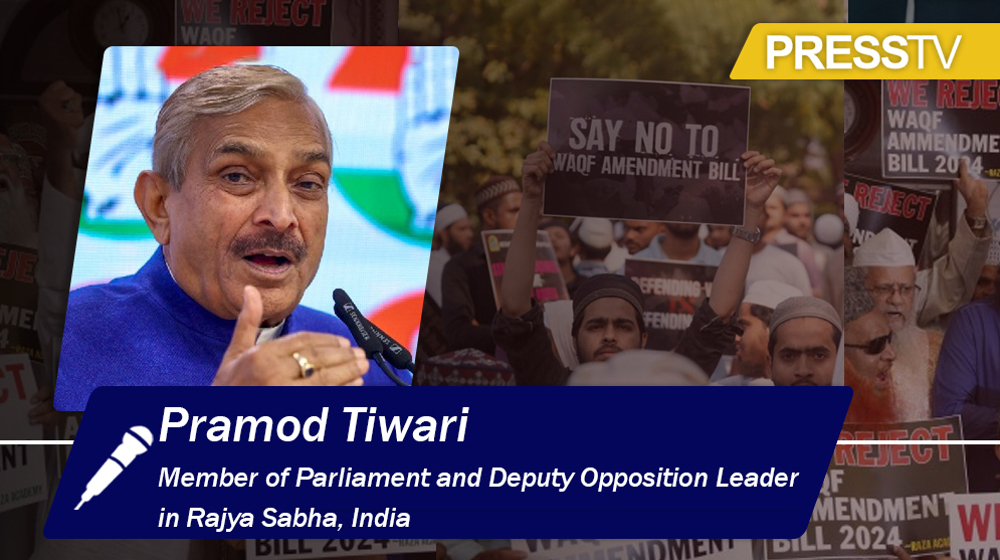
Waqf Bill not just an attack on Indian Muslims but on India’s constitutional fabric: MP
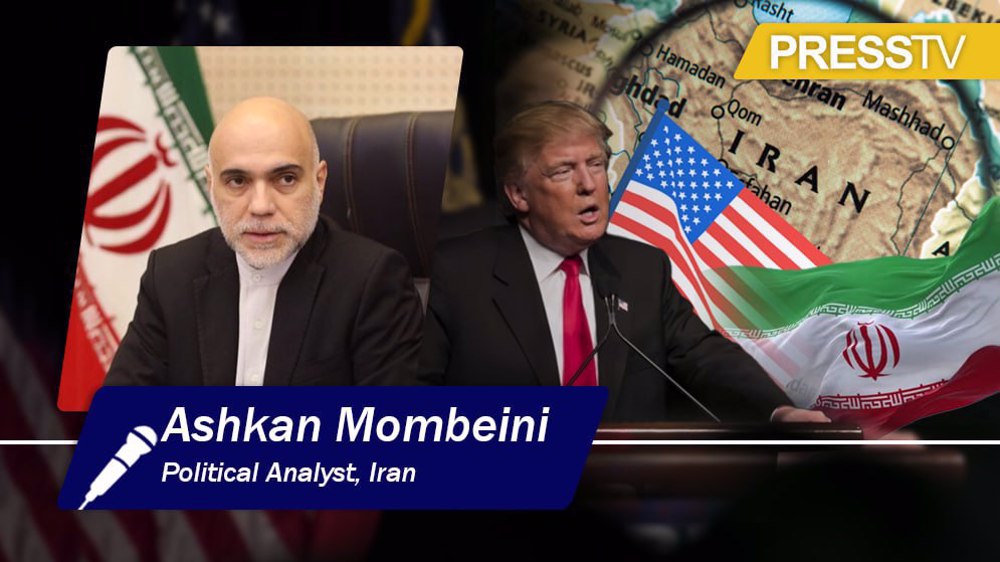
Trump's war rhetoric against Iran to impose heavy costs on US and allies: Analyst
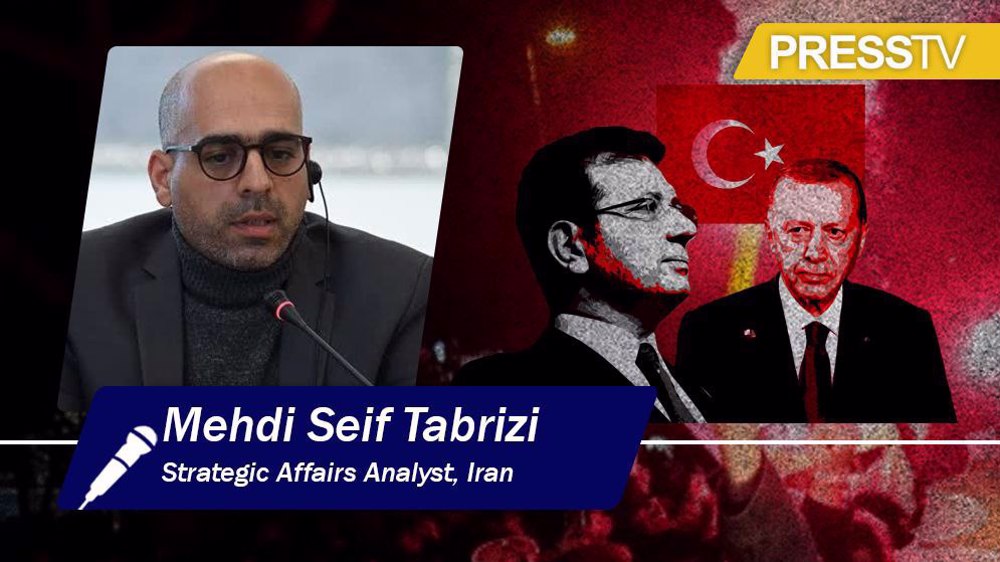
Turkey’s political unrest to significantly weaken Erdoğan’s grip on power: Analyst
‘I’m bored, so I shoot’: Chilling testimonies detail Israel’s genocidal war on Gaza
Israel kills 54 in 24 hrs in Gaza as Netanyahu vows to continue genocidal war
Efforts to increase taxes on wealthy, tech giants fail under Trump: Report
VIDEO | Protesters slam BBC's pro-Israel bias in reporting Gaza genocide
Indirect Iran-US talks proceed
Israel will never be able to attack Iran: FM Araghchi
VIDEO | US strikes kill three, injure several in Sana’a, other Yemeni regions
VIDEO | Thousands condemn Trump’s policies in rallies across US


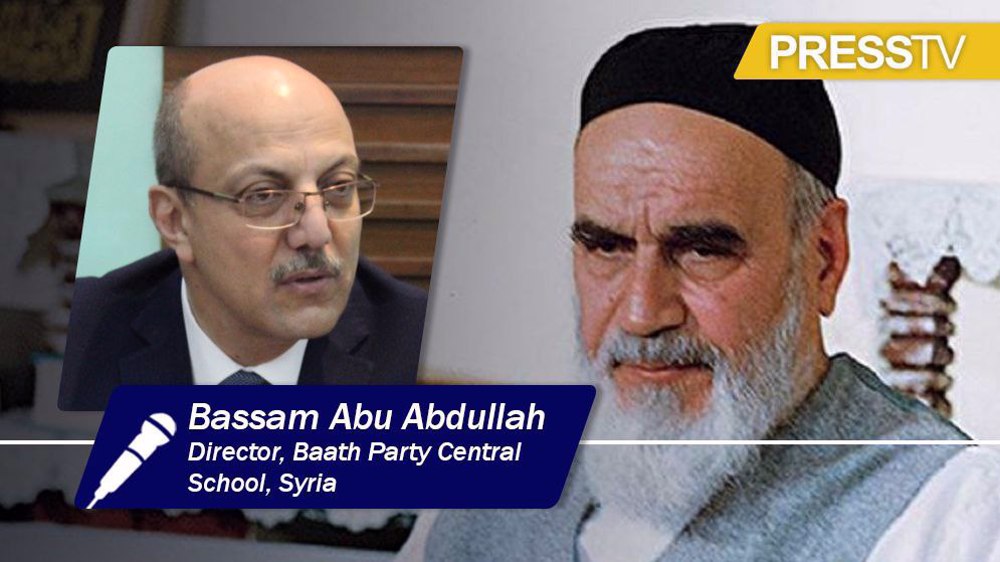



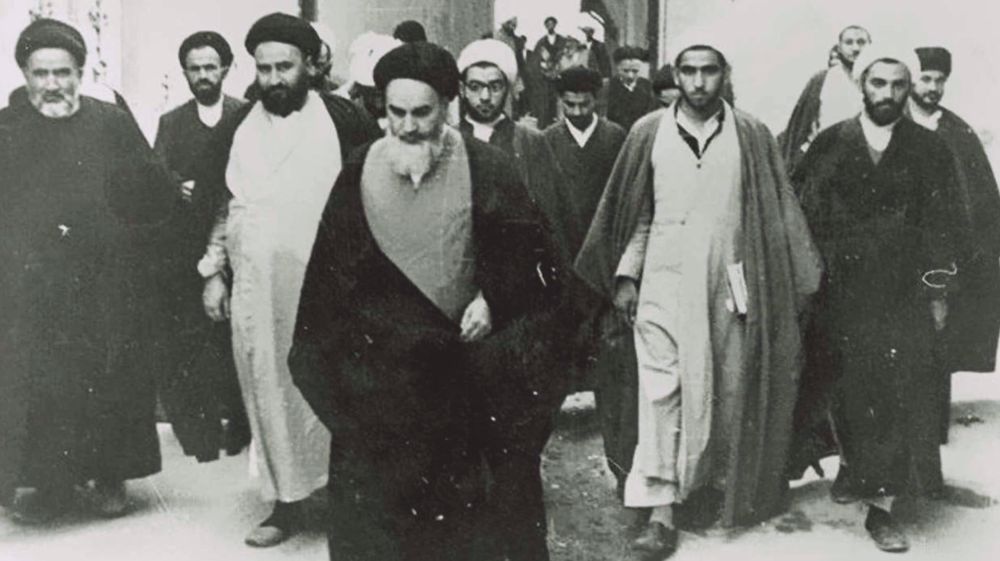
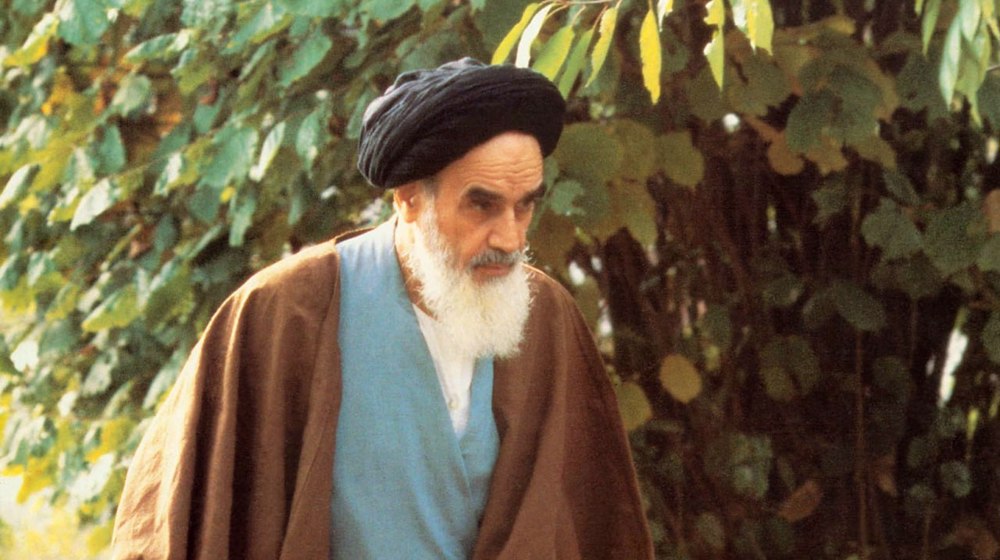
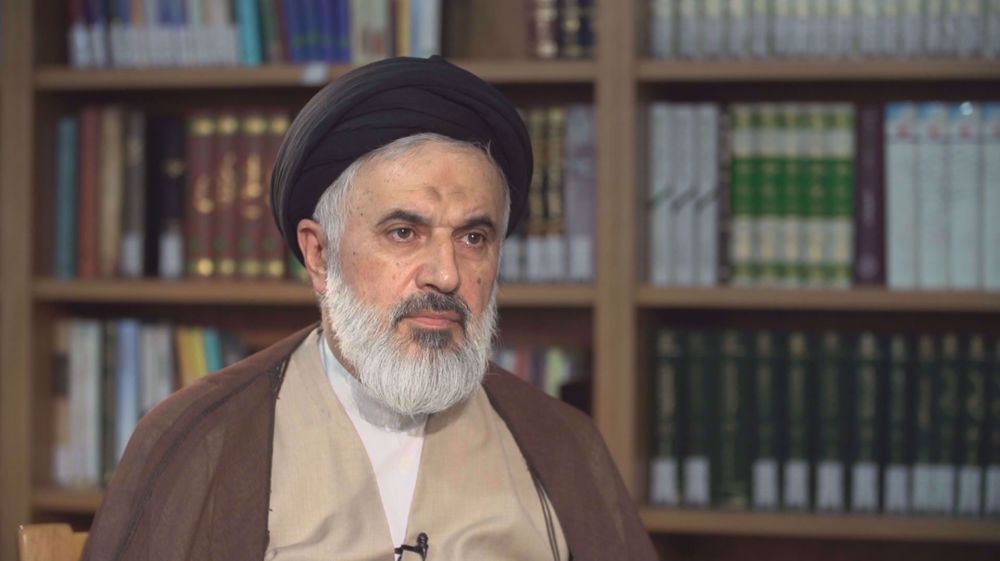
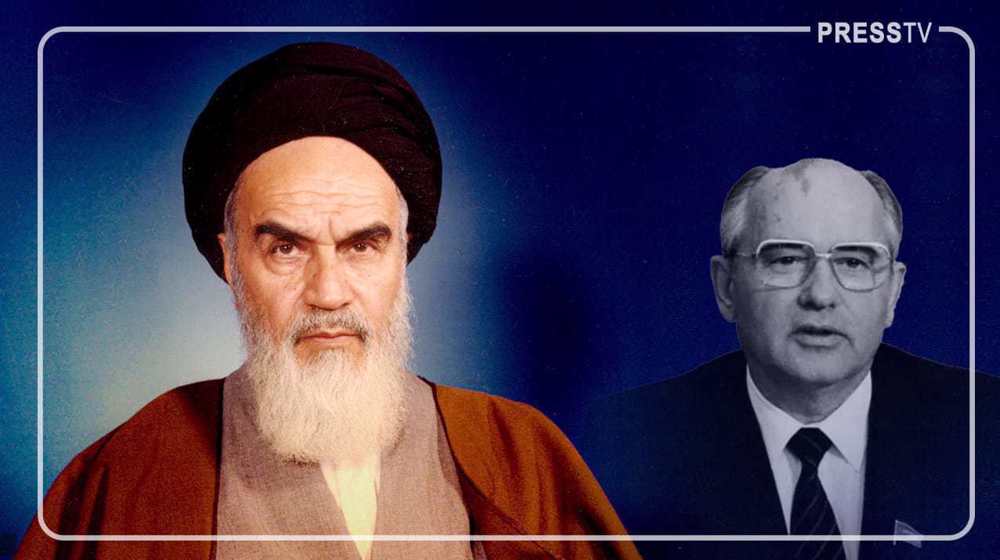

 This makes it easy to access the Press TV website
This makes it easy to access the Press TV website